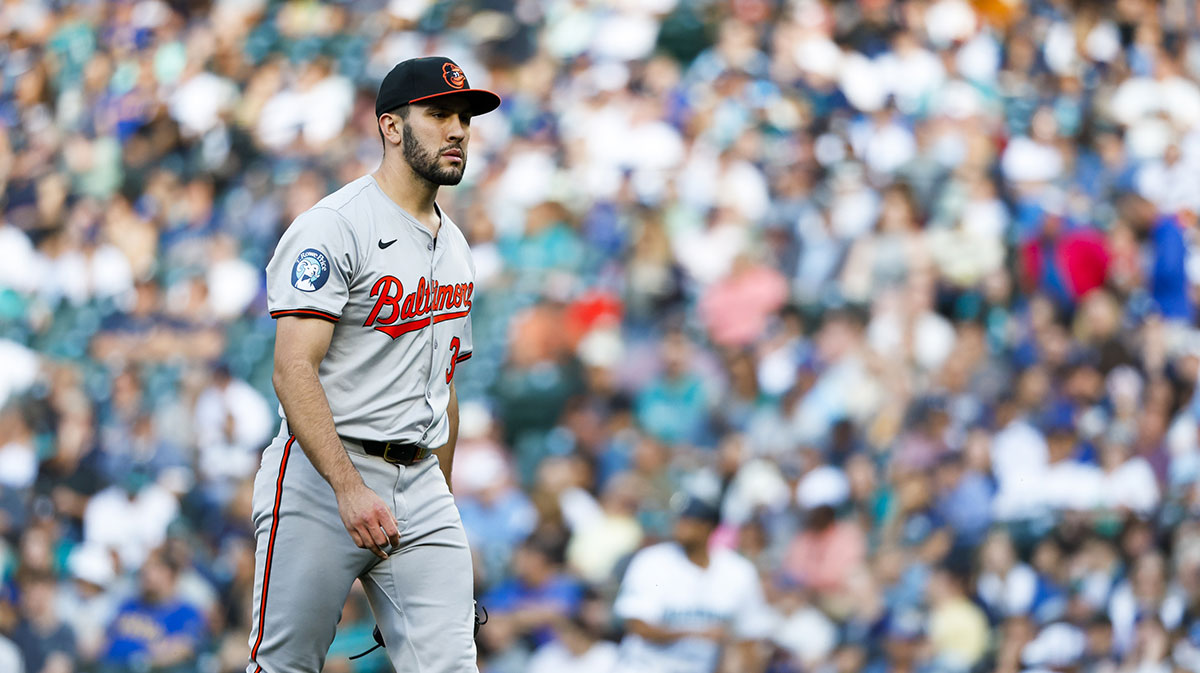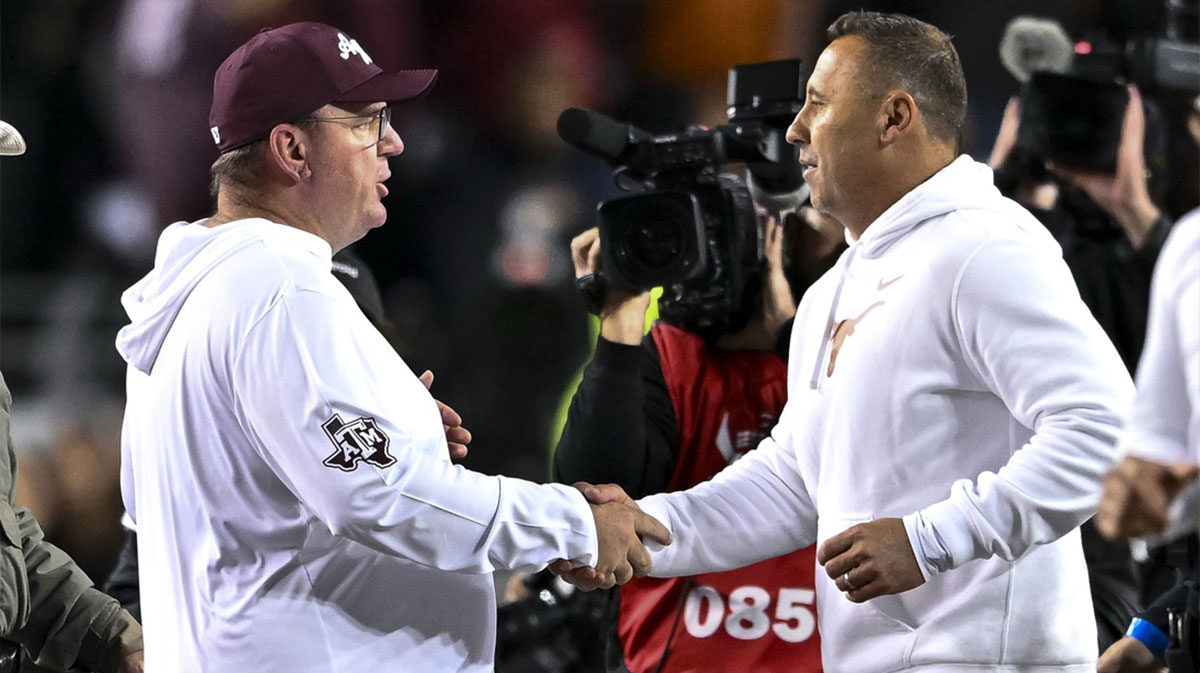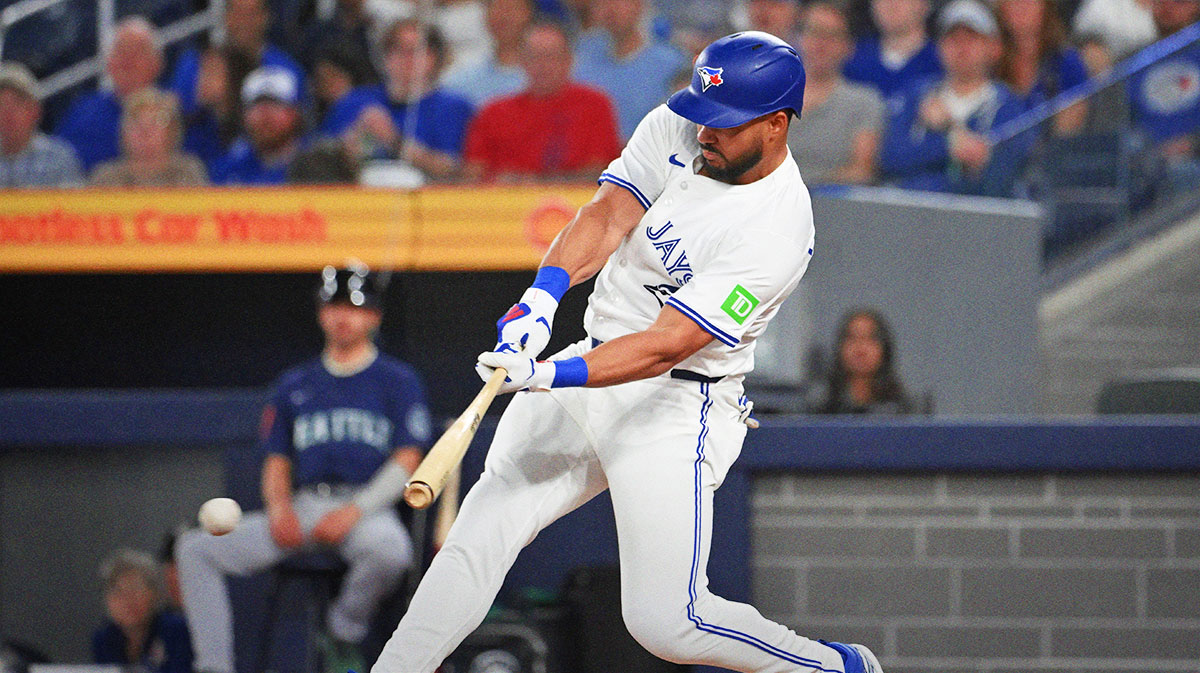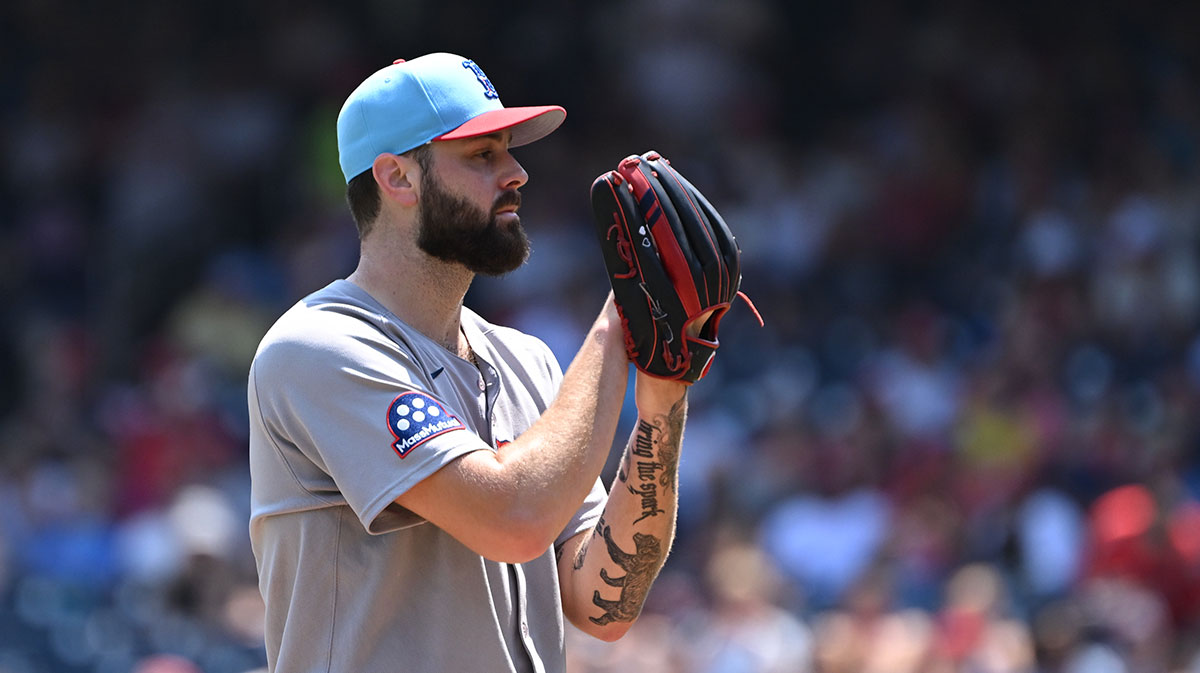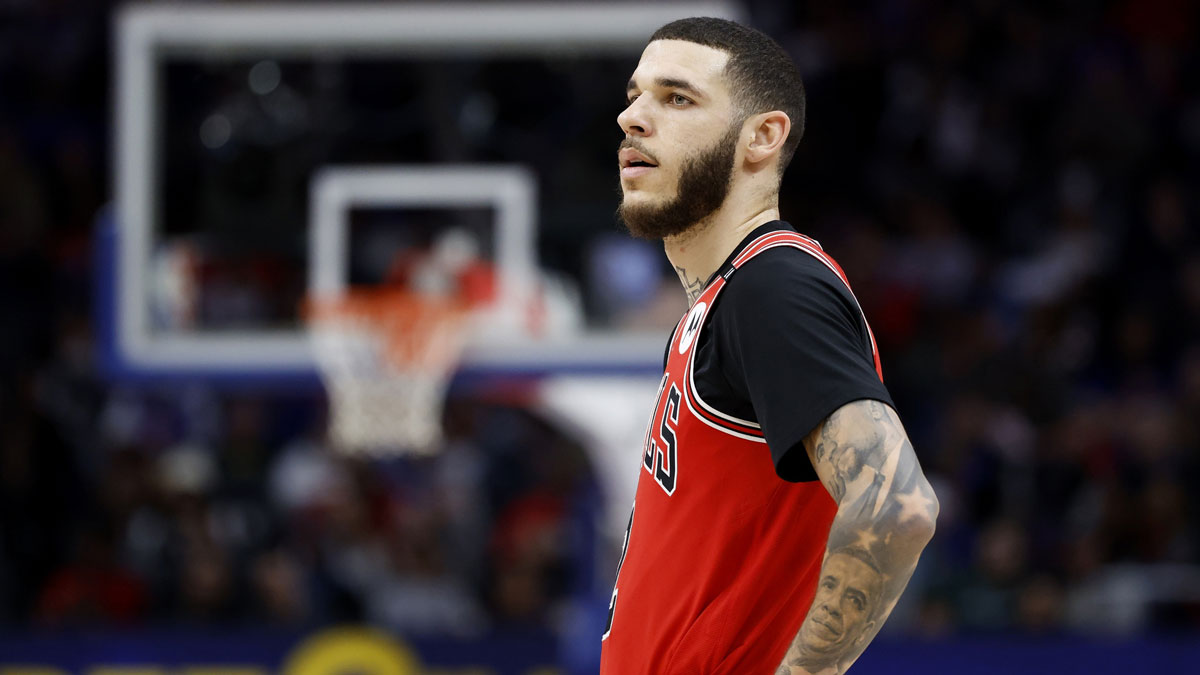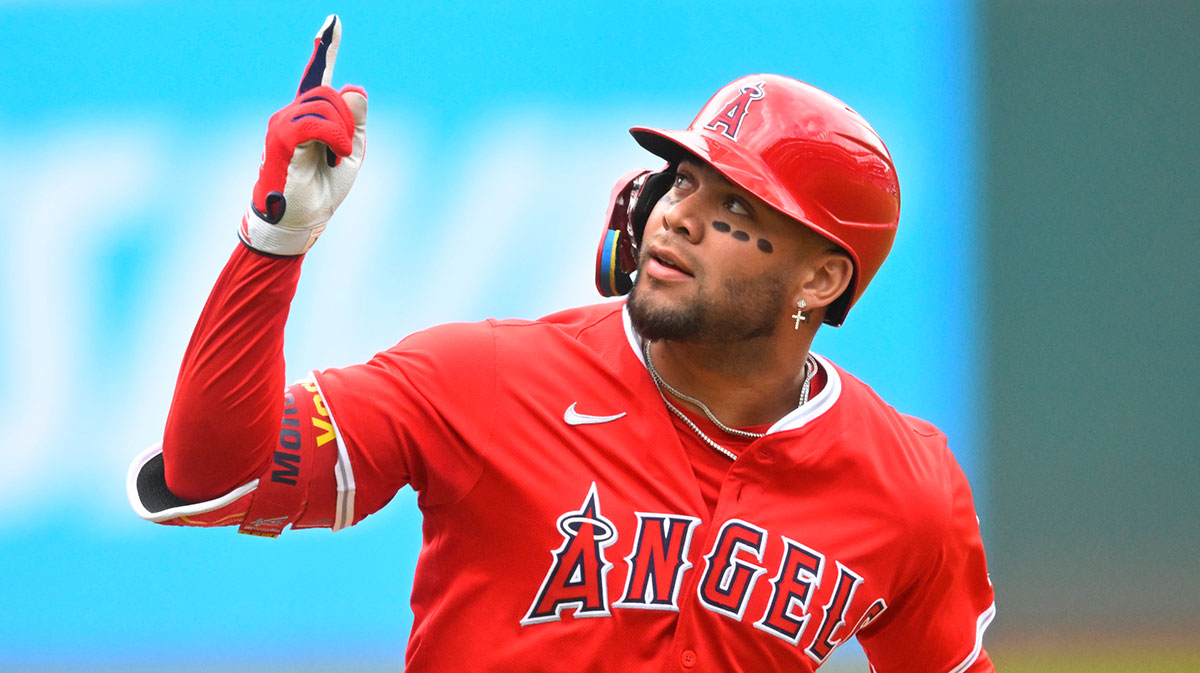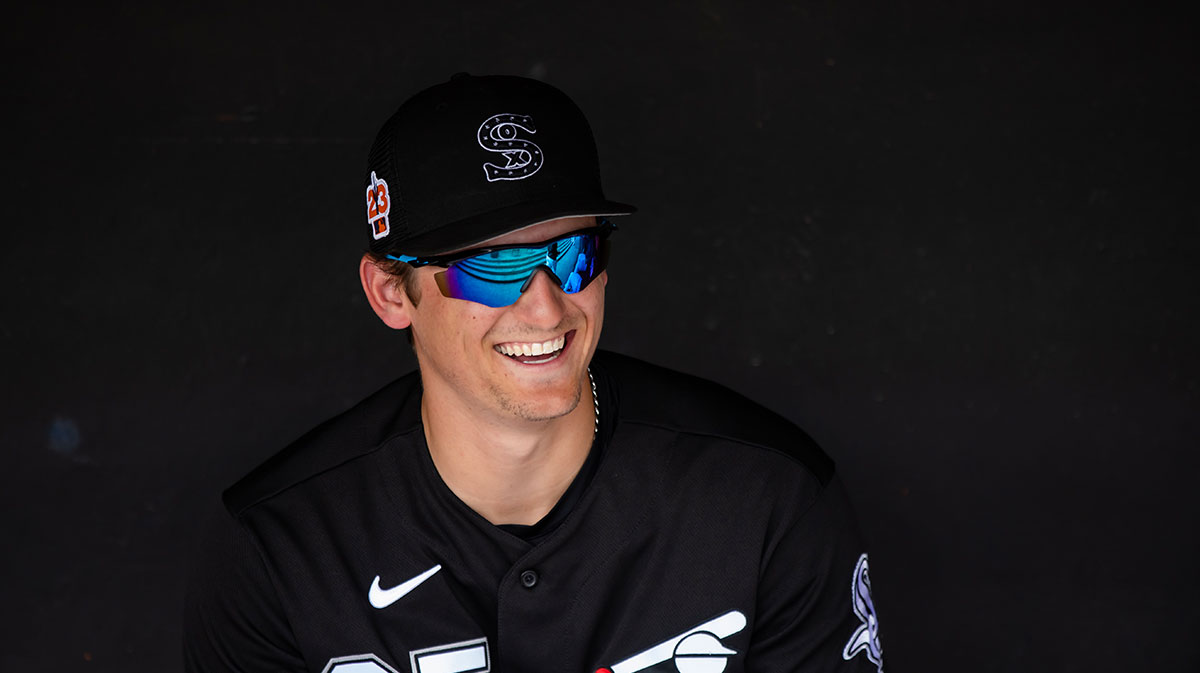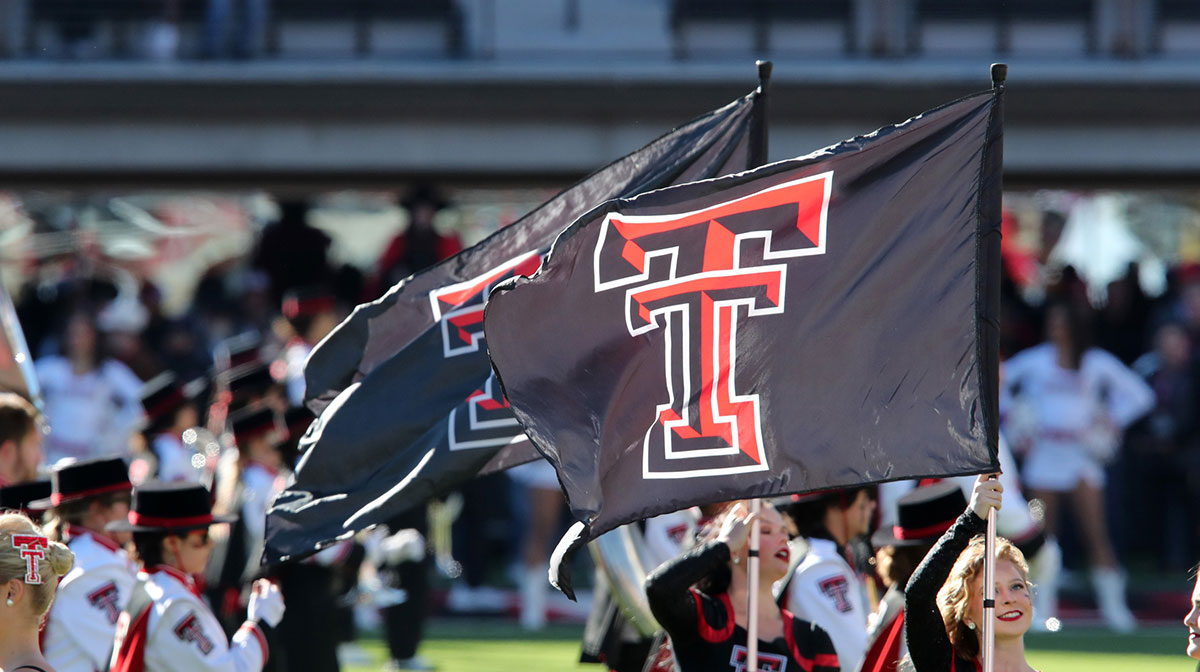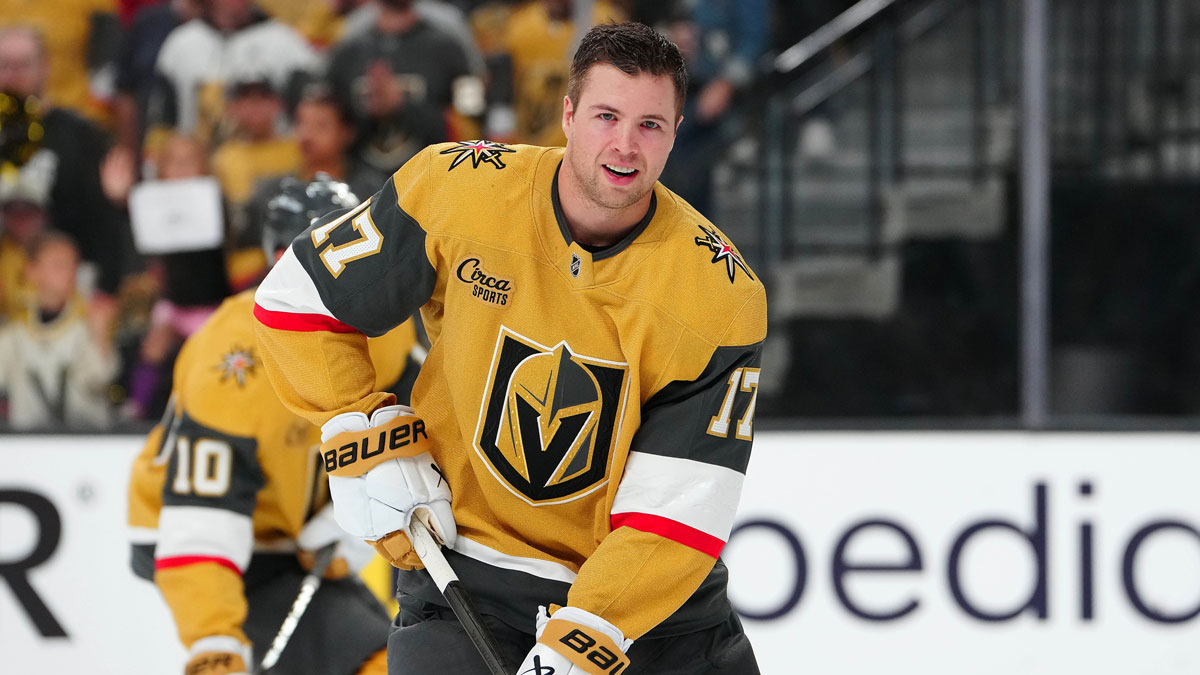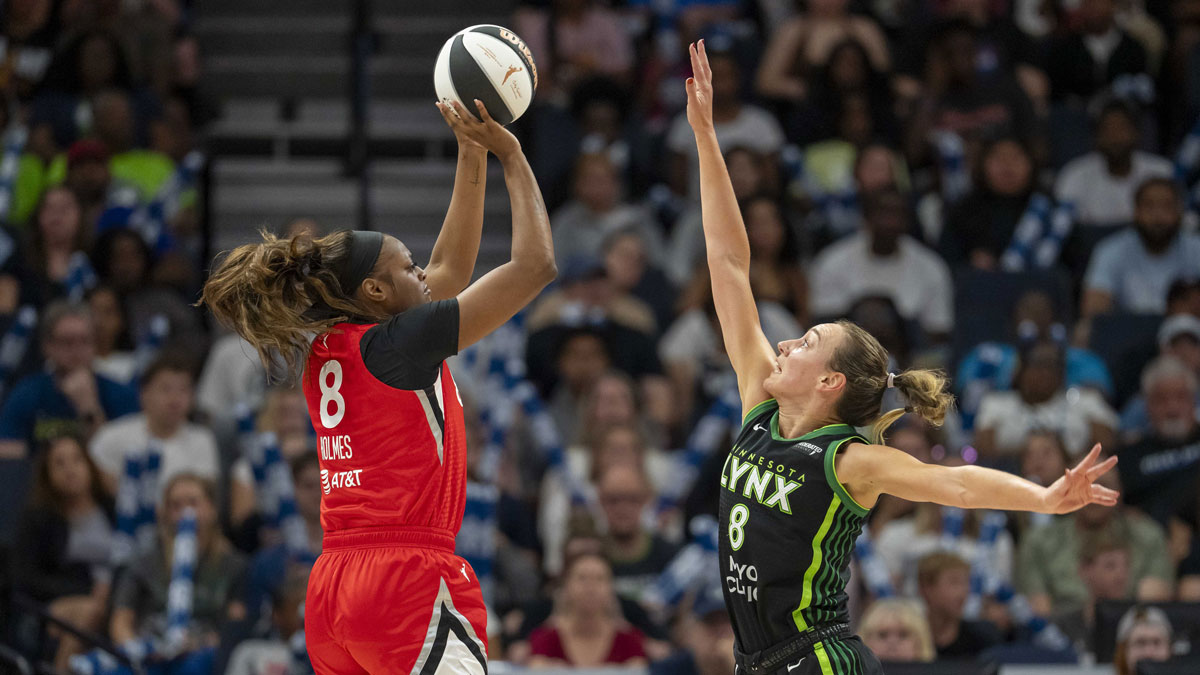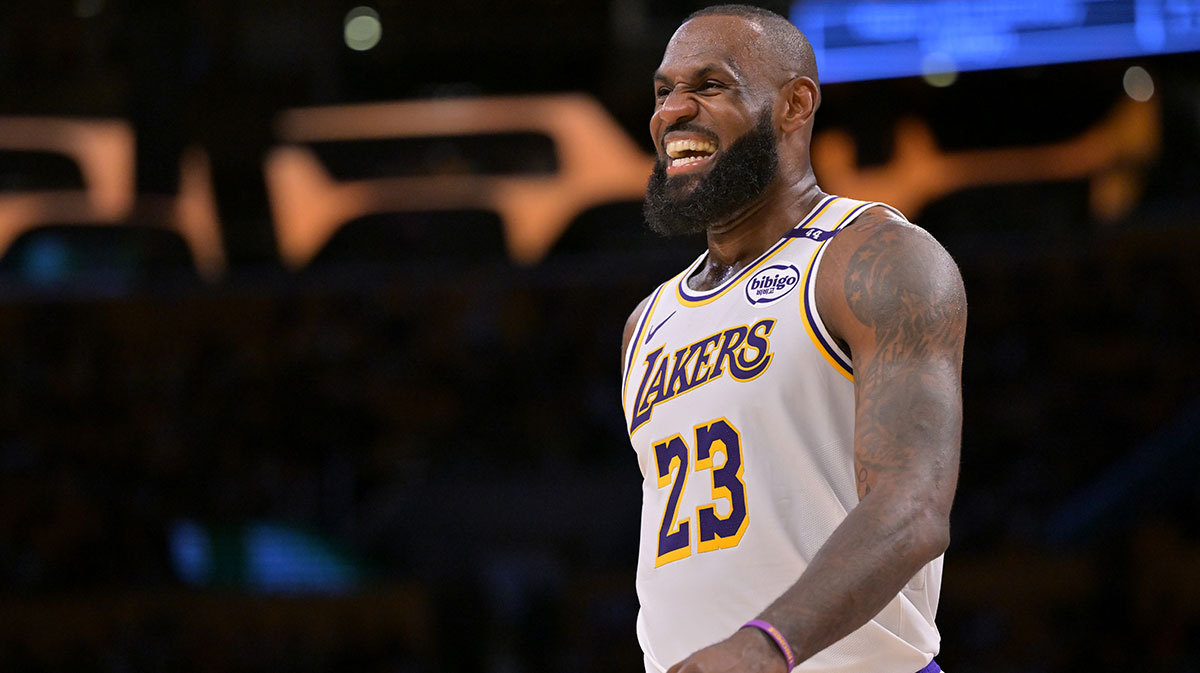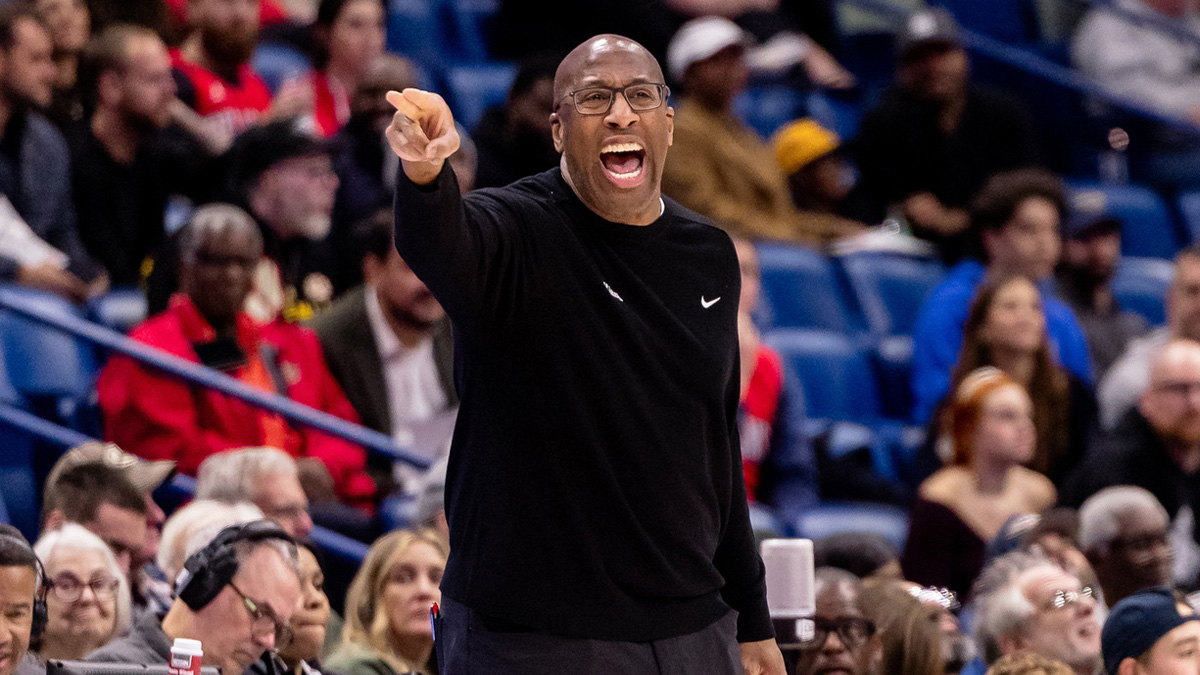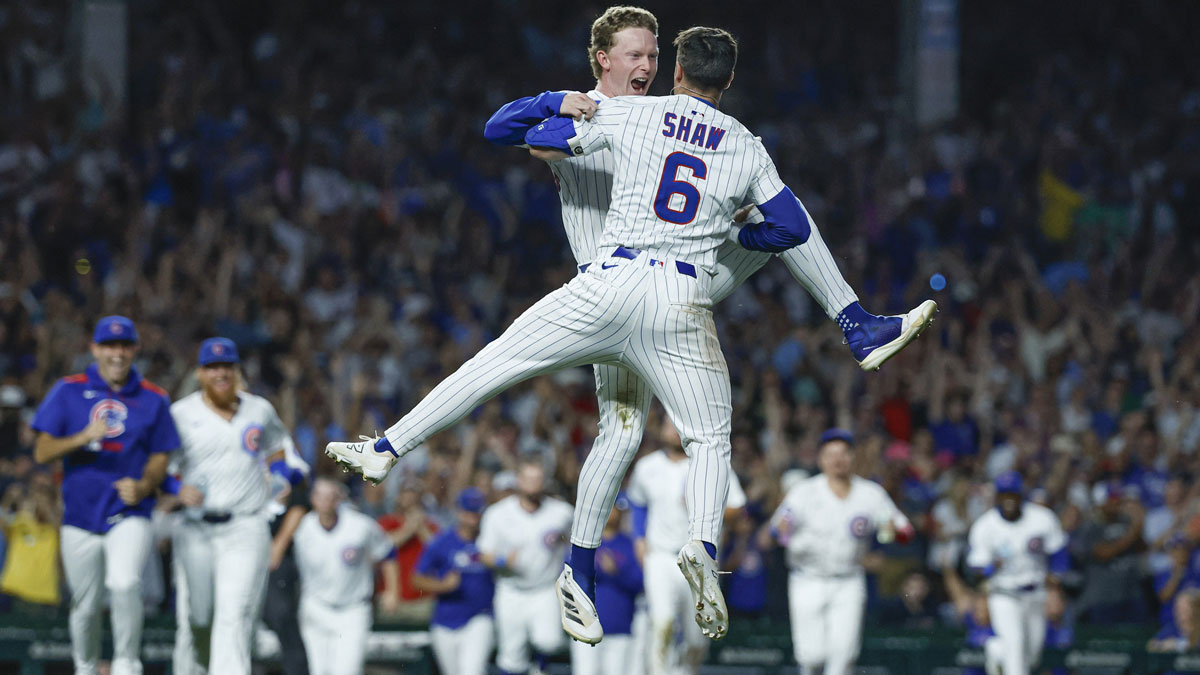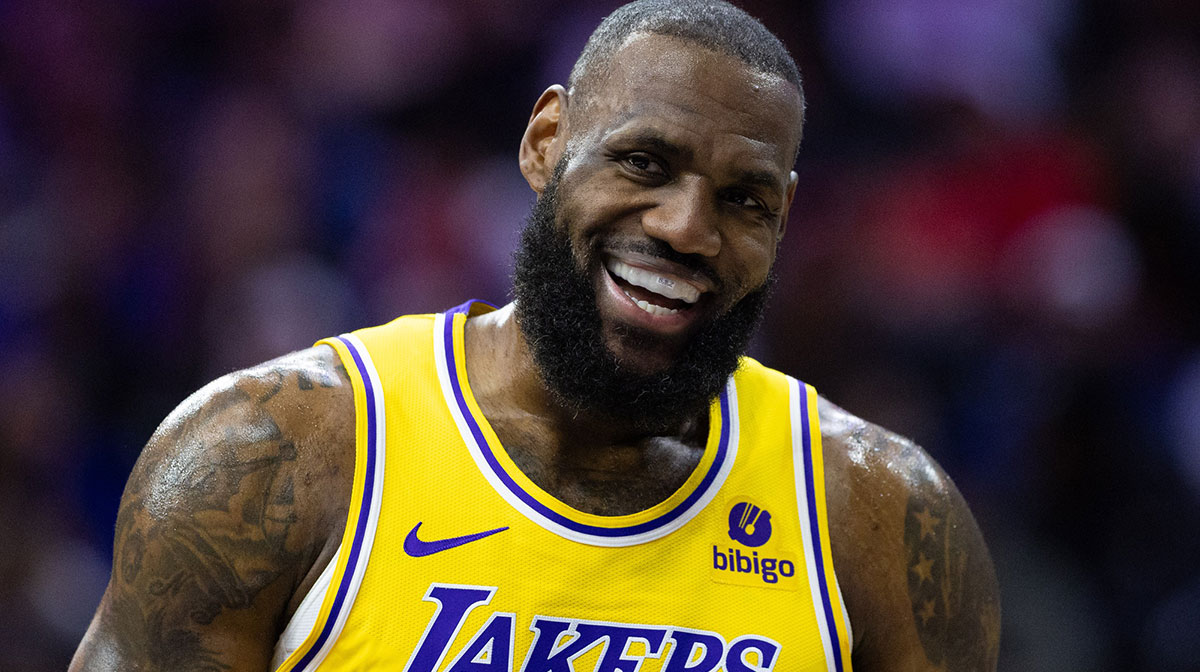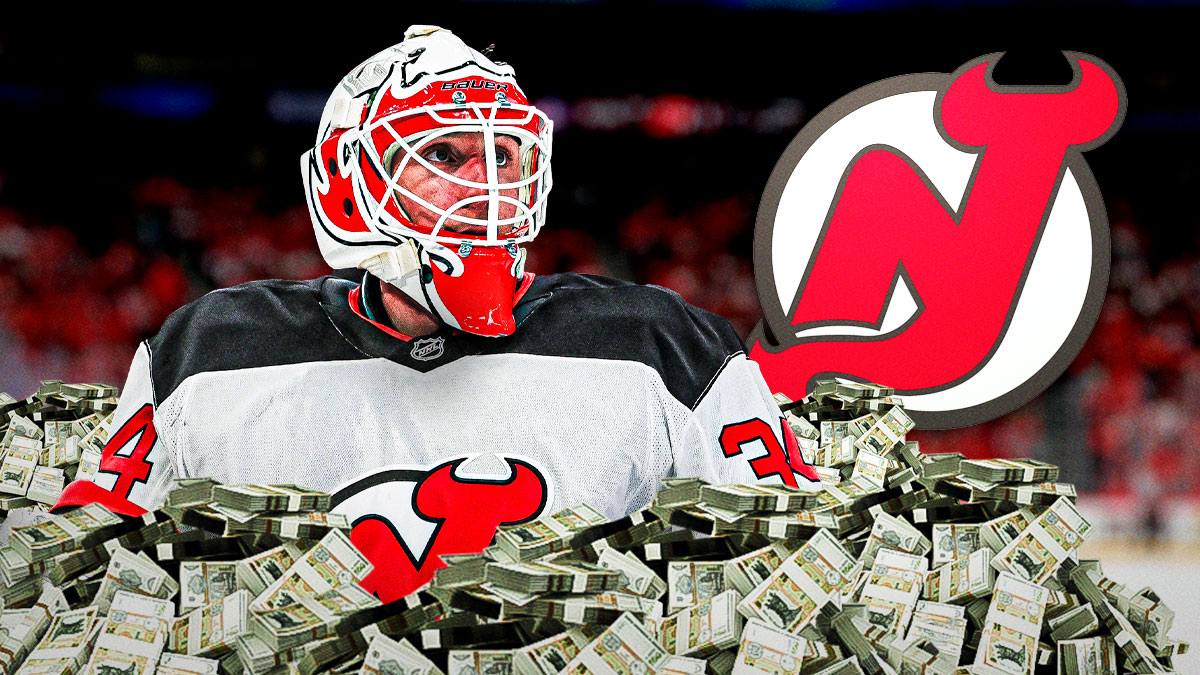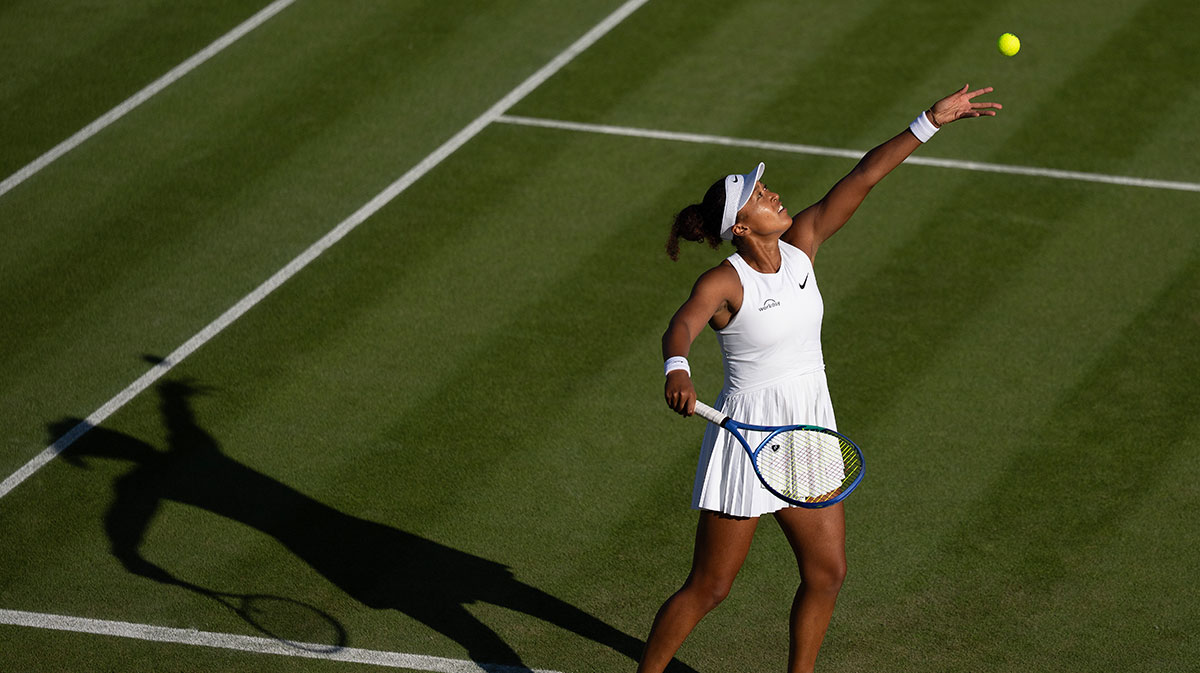Everything the Golden State Warriors do begins with Stephen Curry. Most of it ends with shot making from Curry, Kevin Durant and Klay Thompson. The intermediate role, though, largely falls on Draymond Green's shoulders.
In the regular season, Green's play tapered off from the previous three years. Dating back to the 2014-15 campaign, Green amassed four-year lows in PER (16.1), Win Shares (6.1), Win Shares per-48 minutes (.127), BPM (3.2) and VORP (3.0) this season. His turnover rate of 22.5 percent was also a career high and his three-point shooting dipped to 30.1 percent, another four-year low.
After finishing second in Defensive Player of the Year voting in 2014-15 and 2015-16, and winning the award last season, Green's defense wavered, underscored by his DPM dropping from 5.0 in 2016-17 to 2.7 this season. His name has been absent from the DPOY discussion, which has revolved around Utah's Rudy Gobert, Philadelphia's Joel Embiid and New Orleans' Anthony Davis.
Green relayed to Sports Illustrated's Lee Jenkins that he doesn't subscribe to the notion of flip-switching, but his postseason numbers make it impossible to deny he hasn't consciously increased the voltage. His surface-level averages have ballooned to 11.7, points, 11.3 rebounds, 8.5 assists and 1.8 steals, all notable increases from the regular season, when he dropped 11.0 points, 7.6 rebounds, 7.3 assists and 1.4 steals a night.
Furthermore, the analytics are back in Green's corner. His PER has spiked to 17.3, his WS/48 are up to .166 and his BPM has climbed to 7.2.
Every team needs a glue guy and Green is the rare star who fills that role for his ball club. As always, he's been the Warriors' primary facilitator this postseason. While he certainly picks up easy assists by feeding Thompson and Durant off pindown screens, he bends the defense with his vision and capitalizes on breakdowns.
Part of the reason the Warriors find myriad options with their off-ball movement and screening is because Draymond Green's passing chops. When defenses shell off Thompson or Durant around the perimeter, Green dishes it to the screener, whose man has dozed off:
Green might also be the league's preeminent playmaking big out of the short pick and roll, which is an increasingly important skill for roll men. Against the Spurs and Pelicans, both of whom periodically trapped or hedged in the pick and roll, Green found teammates who were hanging out in the dunker's spot near the baseline:
During the regular season, the sixth-year forward registered a four-year low net rating of plus-8.9, the sixth-best mark of any Warrior — however, some of that has to do with Golden State's plus-8.0 net rating being its lowest since 2013-14. Come playoff time, though, Green has reemerged as perhaps Golden State's most indispensable figure, pacing all rotation players with a plus-14.0 net rating and plus-14.9 on-off split.
He's reestablished himself as the game's most frustrating matchup for opposing scorers (save for maybe a healthy Kawhi Leonard), guarding across all positional labels and leading a Warriors unit whose defensive rating has dropped from 104.2 in the regular season to a league-best 100.5 in the playoffs. Individually, Green's 99.2 DRTG, down from 103.7 in the regular season, is third among all players who've seen at least 200 minutes this postseason.
As the primary defender, Green has held his opponents to just 42.7 percent shooting (96-of-225) through 13 playoff games. The Michigan State product was a thorn in Anthony Davis' side — a chief factor in Golden State's gentleman's sweep of the Pelicans — limiting the superstar big to 27-of-61 shooting (44.3 percent, 65 points) and forcing six turnovers on 194 possessions during the second round. There isn't another player south of 6-foot-7 who provides the type of rim protection Green does:
Green also stands one step ahead of defenses, telegraphing the actions they wish to create, inducing turnovers and unleashing his uncanny basketball IQ:
As king of the glue guys, though, Green's impact extends beyond statistics. He's simply made a handful of plays throughout the postseason that can't be defined by a box score number.
Most notably, his feistiness on the offensive glass has proven invaluable, often leading to second-chance opportunities and scores. He's snaring 2.2 offensive rebounds per game, doubling his average of 1.1 from the regular season.
Despite being undersized against traditional bigs, Green has countered that disadvantage by drilling into his opponents with 10.9 box outs per game (sixth in the NBA). That commitment to the fundamentals has come in handy against Rockets center Clint Capela, who snagged 241 offensive rebounds (3.3 per game) during the regular season, which ranked seventh league-wide.
Through three Western Conference Finals bouts, Capela has averaged 2.7 offensive rebounds, often neutralized on the glass by Green. His offensive rebounding rate has also dipped from 13.5 percent in the regular season to 11.6 percent. Once a shot is launched, Green makes sure Capela isn't roaming free to trigger new possessions:
The Warriors coasted through the regular season. They tallied less than 60 wins and opened Game 1 of the Western Conference Finals on the road, both developments unfamiliar to them since the 2013-14 season. Green's regular season was emblematic of that diminished emphasis.
When Green raises the intensity, resurfaces as the association's best defender and pings the ball around the court like he has this postseason, Golden State is the best team of all-time. Fresh off a 41-point blitzing of the Rockets with Green's fingerprints dusted across the board (10 points, 17 rebounds, six assists, one steal and one block), it's looking increasingly likely that the league's best glue guy is going to slide a third championship ring on his hand next fall.
All stats and videos via NBA.com and Basketball-Reference and are accurate as of May 22.

